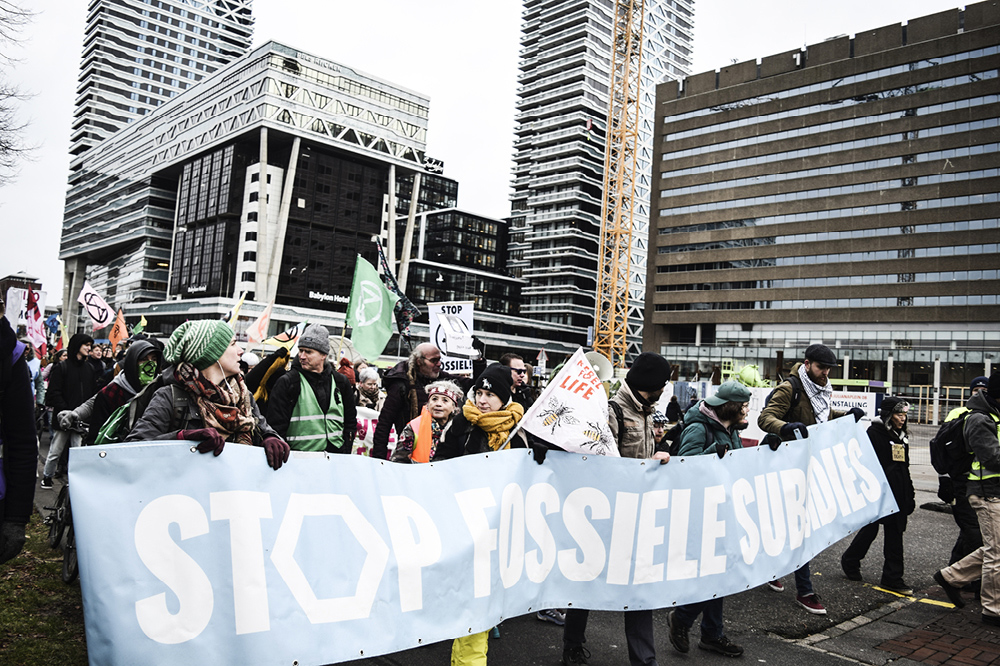Our experts outline ten key global topics and trends that businesses need to consider in 2024.
1. Global impact of Ukraine and Israel-Hamas conflicts
The Ukraine war will continue at high intensity but is still unlikely to escalate to direct conflict between Russia and NATO. Among the Western supporters of Ukraine, domestic political trends, particularly in the US, will make it more difficult to sustain unity over further funding and military support. Sanctions and export controls on Russia will continue to pose compliance challenges for international business in 2024.
The Israel-Hamas conflict is likely to de-escalate in early 2024 following further degradation of Hamas and mounting international pressure on Israel. The direct involvement of Iran remains unlikely. The conflict has not had substantial impacts on the global economy. However, the targeting of international shipping in the southern Red Sea by Yemen’s rebel Houthi movement continues to threaten temporary disruption of global supply chains. Political rifts between the US and Global South countries that lean towards supporting the Palestinian cause will continue in 2024 over a potential settlement of the conflict.
2. Election overload
More than 40 parliamentary and presidential elections are scheduled to take place in 2024. Political and policy continuity is likely in many cases, but companies should continue to monitor security and operational impacts during election periods, as well as the impacts of the election of less stable coalitions or populists. The US elections in November will particularly impact geopolitical risk throughout the year as countries and companies hedge against potential political instability and a change in the US administration. Companies should ensure risk analysis and monitoring functions are sufficiently resourced during such a busy year.
3. Geopolitical regulatory competition
Companies will need to closely monitor regulatory developments if they want to understand how geopolitical competition will play out in 2024. Despite recent diplomatic rapprochement, the US and China remain committed to strategic competition. This competition will mainly play out in the regulatory sphere, with both the US and China using trade restrictions, export controls and subsidies to protect what each side considers critical national security sectors. While the EU will continue to lean politically towards the US, the bloc will use regulatory measures to find a balance between “de-risking” its relationship with China and advancing economic relations with Beijing. Key sectors where geopolitical regulatory competition will play out include defence, semiconductors, tech, data protection, critical minerals, aerospace and climate.
4. Rising hate
The frequency of hate crimes motivated by racial, ethnic, religious and cultural biases continues to rise around the world, even as many incidents almost certainly remain underreported. Amid the conflict between Israel and Hamas, civil rights groups in the US and Europe are reporting sharp rises in antisemitic and Islamophobic hate crimes. Elections in 2024 will also aggravate latent societal tensions, including along racial or religious lines, particularly in India, Bangladesh, Pakistan, South Africa, the EU, the US and South Sudan. Hate crimes are unlikely to affect business assets directly, but individual employees, both inside and outside workplaces (including on business travel), could be targeted.

Protest for Anna Ivankova in Athens, Greece on July 11, 2023. Anna was a transsexual person who was brutally murdered yesterday (July 10, 2023) in the center of Athens. Her name on stage was Ebony Goddess. (Photo by Nikolas Kokovlis/NurPhoto via Getty Images).
5. Terrorism: acute local and regional threats
Despite an overall decline in terrorism incidents globally in recent years, militant and insurgent groups continue to pose acute local and regional threats in the Sahel region of West Africa, Pakistan, Colombia, and parts of the Middle East and Southeast Asia. Geopolitical events – such as the Israel-Hamas conflict – will continue to motivate both transnational and homegrown terrorist activity. We also anticipate a further rise in so-called mixed, unclear and unstable (MUU) violent extremism. MUU actors are motivated by overlapping and potentially inconsistent factors, including ideological radicalisation, personal grievances, online conspiracies and mental health issues. Most MUU-motivated activity will remain opportunistic and unpredictable, posing persistent challenges to both government security services and corporate security managers.
6. More disruptive environmental activism
Climate-related activism is a growing concern for companies and will continue to be as the effects of climate change become more visible. 2024 is likely to set new records for global temperatures due to the hangover from strong El Nino conditions. Perceived inaction – or even backsliding – on climate commitments by governments and companies increases the likelihood of both mainstream protests and more targeted actions. Companies should anticipate a rise in disruptive direct action, such as interruptions of conferences/meetings, targeting of senior management’s homes, transport and infrastructure blockades, as well as property destruction. The sectors at highest threat continue to be those involved in energy, extractives, transportation, tech and construction. Governments will also remain a key target for activists.
7. Global economic resilience challenged
While the IMF forecasts an increased likelihood of a soft landing for the global economy, global growth will likely remain below the historic average, at around 2%-3% in 2024. Tighter credit conditions are putting upward pressure on debt servicing costs and impacting corporate and consumer spending. Many governments, faced with increasing debts and rising servicing costs, will be forced to cut spending. This will only increase political stability and unrest risks. Moreover, the global economic outlook will be impacted by other geopolitical trends, including regional conflicts, sanctions and more protectionist trade policies.
8. Energy transition: the resource nationalism challenge
With 2025 climate deadlines approaching, decarbonisation goals, energy security strategies and green industrial policies will continue to drive investment into renewables in 2024 – especially in China, the EU, and the US. Rising demand for critical minerals will improve prospects for the mining sector – and inspire further bouts of resource nationalism as producing countries look to benefit. The US and Europe will make further efforts to defend their automotive industries against Chinese competition this year. Green energy generation, electrification and supply chain self-sufficiency are all areas in which governments will seek to further develop industrial policies.

Climate activists from Extinction Rebellion march as they hold banners to the Senate in The Hague, Netherlands on January 8, 2023. The activists want to block the Utrechtsebaan (A12) again on February 3, against fossil government support. (Photo by Mouneb Taim/Anadolu via Getty Images)
9. More global sanctions enforcement capabilities
The geopolitics of sanctions will be crucial for companies in 2024. With Russia’s economy proving relatively resilient, Western sanctions enforcement will continue to shift towards countering circumvention by third countries. Companies will need to expand counterparty due diligence to ensure sanctions compliance. The UK and EU members will continue expanding their sanctions enforcement capabilities, likely mirroring that of the US Office of Foreign Assets Control (OFAC). The complexity and novelty of evolving sanctions regimes are likely – including by design – to deter some otherwise permitted business activities. Export controls for dual use technologies and critical minerals will continue to develop as an arena of economic statecraft, potentially alongside further market control measures modelled off the G7 oil price cap.
10. AI – prepare for a regulation and invention race
With the EU on 8 December agreeing the bloc’s AI Act, companies should expect increasing regulatory pressures in 2024 in this sector. The EU law will set the regulatory tone for many governments and companies as they develop their own policies (and strive to preserve access to the EU market). At the same time, China and the US will compete with the EU to influence the setting of AI standards, which will add to the regulatory uncertainty that companies already face due to the fast-evolving technology. In addition to dealing with new regulations, companies will be forced to stay ahead of the AI innovation curve, particularly generative AI tools built on large language models (LLMs). More accessible, lower-cost AI-enabled tools are already making their way to malicious actors for use in influence operations and cyber attacks, and this issue will almost certainly make headlines in some of the key elections in 2024. However, for companies fast and courageous enough, AI tools will help revolutionise many business operations.
Reflecting on our 2023 forecast
Most of the key trends we forecast for 2023 held true. The war in Ukraine continued unabated and Russia decoupled further from the West, leaning increasingly closer to Asia. Both the US and China continued to use regulatory measures to further their competing geopolitical objectives. Climate-related natural disasters and climate politics were indeed global focal points for governments across the globe, and many companies had to readjust their compliance strategies as new ESG regulations came into force. However, a severe winter energy crunch in the northern hemisphere did not materialise due to the efforts of European governments, and expected elections in Bangladesh and Pakistan were pushed into 2024.
